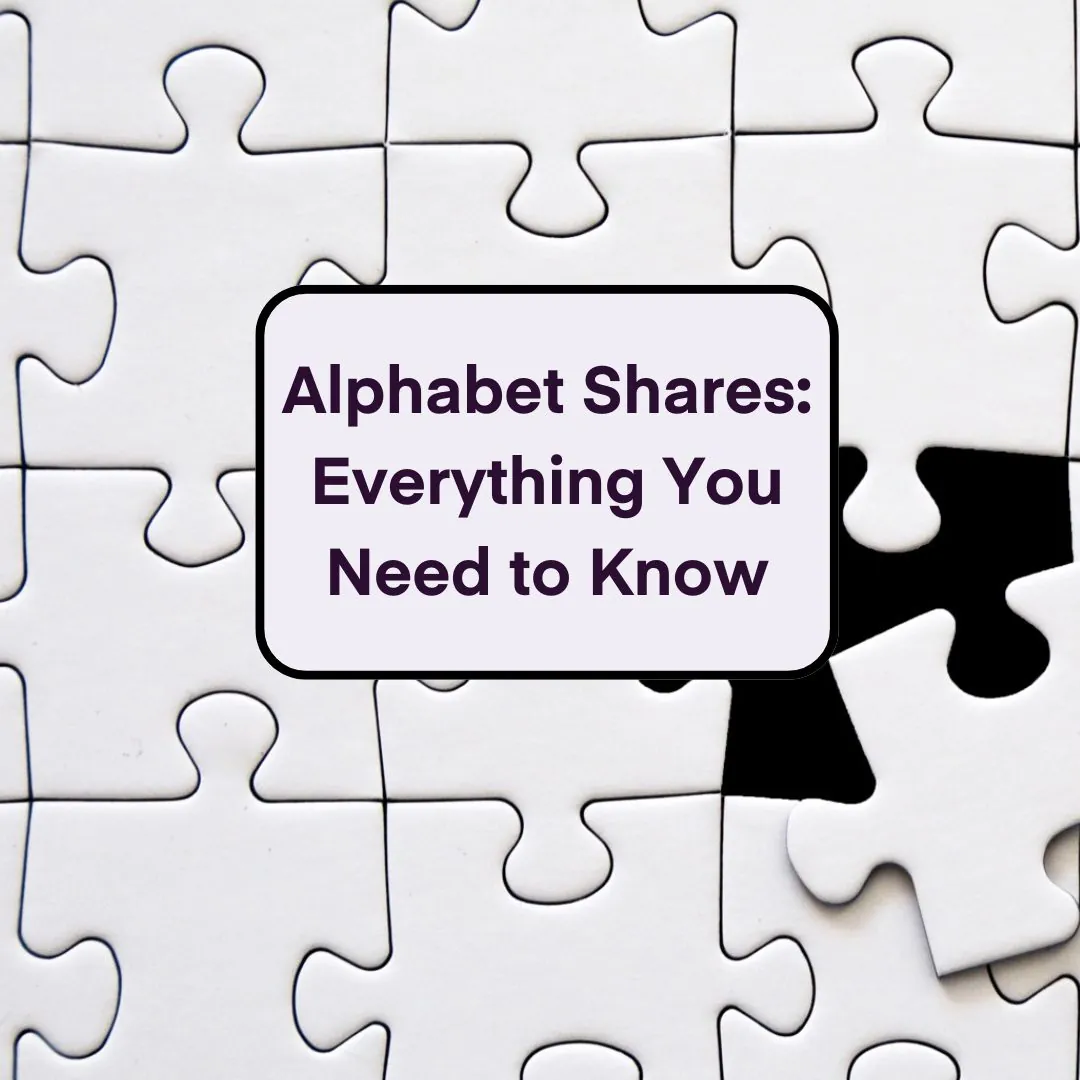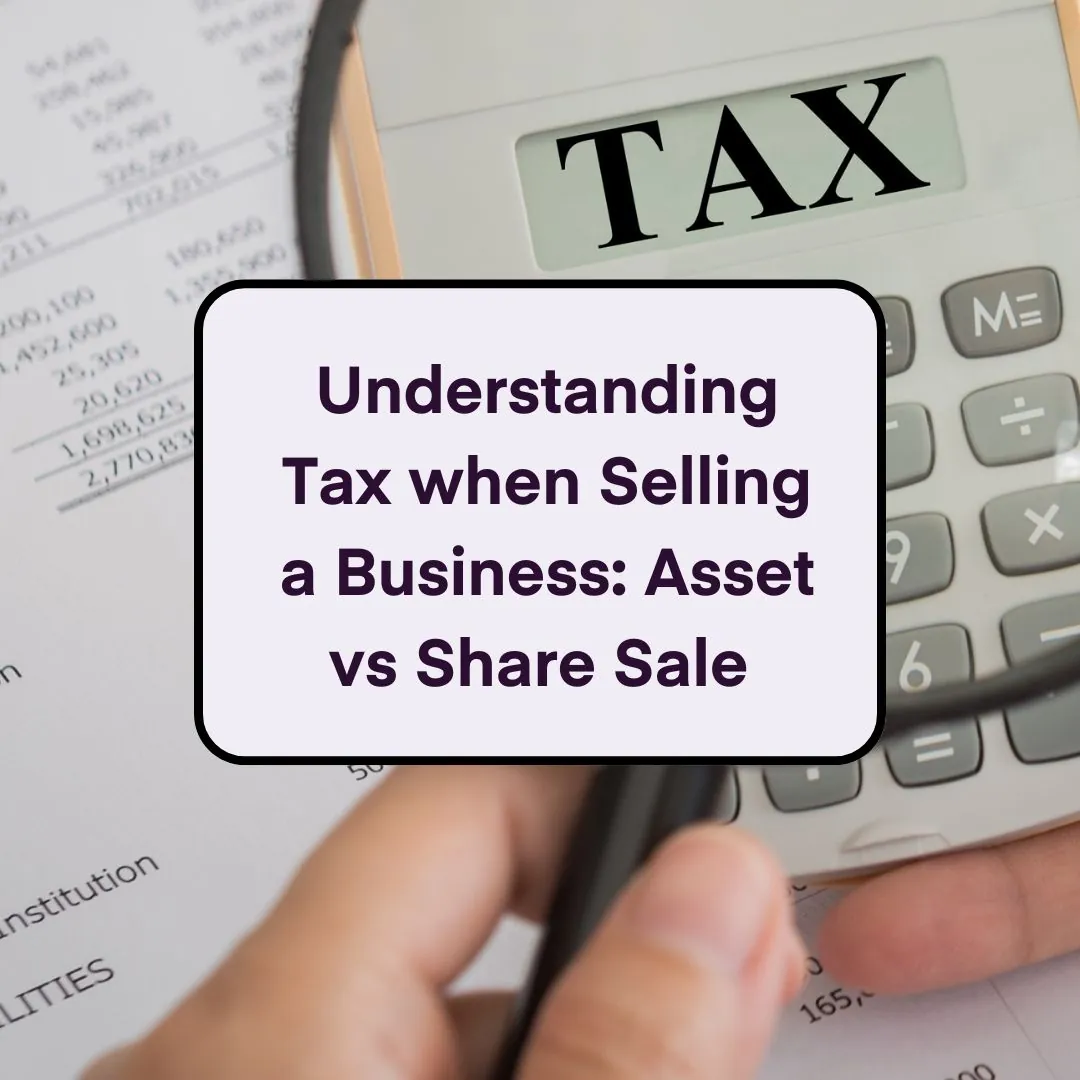
UK Budget Breakdown: Impact on Tax, Small Businesses & You
8 Aug 2020As expected, the UK Budget 2020 was dominated by the government’s response to the coronavirus crisis and a plethora of measures were announced in hopes to help the UK economy through the impact of the outbreak.
In his first Budget, the Chancellor of the Exchequer Rishi Sunak announced a range of new pledges to relieve pressure on small businesses, in addition to tax, allowance, relief and legislation changes.
With a swathe of measures likely to help UK small businesses, the Federation of Small Businesses even claimed it was a “pro-small business Budget.” Here’s a breakdown of the key points from the UK Budget related to small businesses, your money and personal and business tax implications.
Helping small businesses impacted by the coronavirus outbreak
As many businesses across a range of sectors are feeling the impact of coronavirus due to consumers staying home and employees self-isolating, the government has offered a range of measures to support businesses throughout the outbreak.
Statutory sick pay
For starters, small businesses will be given a refund for statutory sick pay for employees who have to self-isolate due to the coronavirus. As statutory sick pay is being paid from day 1 instead of day 4, this refund will apply for a maximum of 14 days to businesses with less than 250 employees. Employees will also be able to self-certify using the 111 NHS number.
Business rates
Sunak also announced a temporary abolition to business rates for thousands of small businesses. Business rates are a tax on properties utilised for commercial reasons. The rates are charged based on a rental estimate on the open market, which is called the rateable value.
Retail, hospitality and leisure businesses with a rateable value of under £51,000 will be exempt from any business rates during the next financial year. Offering the potential to save small businesses £25,000, this is part of emergency measures to help small businesses in sectors that are especially feeling the pressure from the outbreak of the coronavirus.
Defer tax payments
HMRC will scale up the Time to Pay service, which was a scheme used in response to the financial crisis and flooding. Self-employed individuals and businesses facing financial distress because of coronavirus will be able to defer tax payments for a period of time. This will provide struggling businesses a deferral period on HMRC liabilities owed, in addition to an agreed time period to pay these back.
Business owners facing financial hardships due to coronavirus should also consider Business Interruption insurance: "Business Interruption insurance is something that every trader and business owner needs to think carefully about in the future. Coronavirus has highlighted the fact the standard exclusion clauses in many policies mean that viral infections, or suspension of trade due to emergency measures taken to contain infection by local authorities or governments, are not covered. Going forward, everyone needs to discuss in some detail exactly what any extra, specific `contagious disease' cover means in practice. If that business operates within hospitality, events, retail or any other sector involving mass public contact, they need to consider that cost as an essential overhead in future.After the SARS outbreak many insurers and brokers moved away from covering this kind of eventuality, and as insurance can't work if every policyholder gets paid out, Insurance Edge expects that the industry will proceed very carefully in terms of underwriting quite narrow risk scenarios. Once the current situation eases regarding coronavirus, the best plan will be to speak to a specialist broker or MGA, who looks keen to offer particular expertise in this sector and wants to make it a big part of their business."
Grants and loans
Sunak also pledged £3,000 cash grants will be made available to further help small businesses deal with the impact of coronavirus. Businesses eligible for the small business rate relief will be eligible for these grants, which will be distributed by local authorities. Sunak stated this will be a £2bn cash injection that will help 700,000 of the UK’s smallest businesses.
Additionally, the Chancellor announced the government will offer a Coronavirus Business Interruption Loan scheme and support banks in offering loans of up to £1.2bn to SMEs that cover up to 80% of losses due to coronavirus with no fees.
Personal and small business tax implications
With new announcements made in the Budget regarding personal and small business taxes, it’s important small business owners are aware of how this will impact them moving forward.
Tax rates and thresholds
Personal allowance thresholds have been frozen at £12,500 for the 20% rate of income tax and £50,000 for the 40% rate of income tax. However, the National Insurance contributions threshold is being increased from £8,632 to £9,000, saving people over £100 per year.
Despite corporation tax having changed dramatically over the years, it’s currently at a record low of 19%, Sunak announced that it will remain at 19% into the next financial year.
Allowances and reliefs
A measure involving Employment Allowance suggested by the Federation for Small Business was announced in the Budget as well. The allowance is being increased by a third to £4,000 starting in April, and Sunak stated this will lead to a tax cut for nearly a million small businesses in the UK.
In the Budget, it was announced that entrepreneurs relief, which can reduce capital gains tax rates on the disposal of specific business assets, will be reformed. Again, following the advice from the Federation of Small Businesses, the lifetime limit per person will be lowered from £10m to £1m.
An estimated 80% of small businesses will not be impacted, but small business owners who are considering selling their business should still look into exit planning. If you’re not clear on small business tax or exit planning or if you're utilising small business tax relief, get in touch to see how we can help you.
Related: Reducing the corporation tax bill of an SME
Related: Changing Hands: Buying and selling a business
IR35 off-payroll changes going ahead
The government recently reviewed the proposed reforms to the IR35 legislation and decided the changes will be rolled out on 6 April 2020, according to the Budget document.
IR35 off-payroll rules treat qualifying contract worker’s fees as a salary to ensure employment taxes are being paid. The changes involve the responsibility of deciding on IR35 status of a contractor moving from the contract worker to the medium and large private sector companies that hire these kinds of workers.
Note: The IR35 off-payroll working legislation can apply if a contractor or self-employed worker provides services through an intermediary. If the rules apply, the organisation paying the individual’s own personal service company will be responsible for deducting and paying the necessary employment taxes and National Insurance contributions.
The changes to IR35 off-payroll are expected to ensure contractors working like employees through their own limited company largely pay the same tax and National Insurance contributions as directly employed workers. Because of the changes to IR35, employers will need to reassess contract workers they hire and decide if they should be classified as self-employed or a full-time employee for tax reasons.
Related: IR35 off-payroll rules are changing. Here’s how you’ll be affected
Minimum wage increases
The National Living Wage, which is the minimum wage for workers over 25 years old, will be increased from £8.21 per hour to £8.72 on 1 April 2020. This is a 6.2% increase, and at current rates, the living wage is projected to be increased to £10.50 per hour by 2024. With this increase to the National Living Wage, now is an important time to consider if you need to start paying any of your employees a higher wage.
Read more: Small business best practice: Minimum Wage
Let us help you prepare for the changes announced in the UK Budget
As Chancellor Sunak announced numerous changes impacting small businesses in the UK Budget, it’s imperative for small business owners to plan for the changes coming into play, in addition to the impact of the coronavirus outbreak on their businesses.
At Accounts & Legal, we can help you with all of the tax, finance and legal changes, from setting up a tax efficient company structure, cost effective bookkeeping or payroll support, to ensuring you’re compliant in employment law and abide by the new rules being rolled out.
Give us a call on 0207 043 4000 to learn more about our small business accounting services, or try our instant accounting quote tool.























